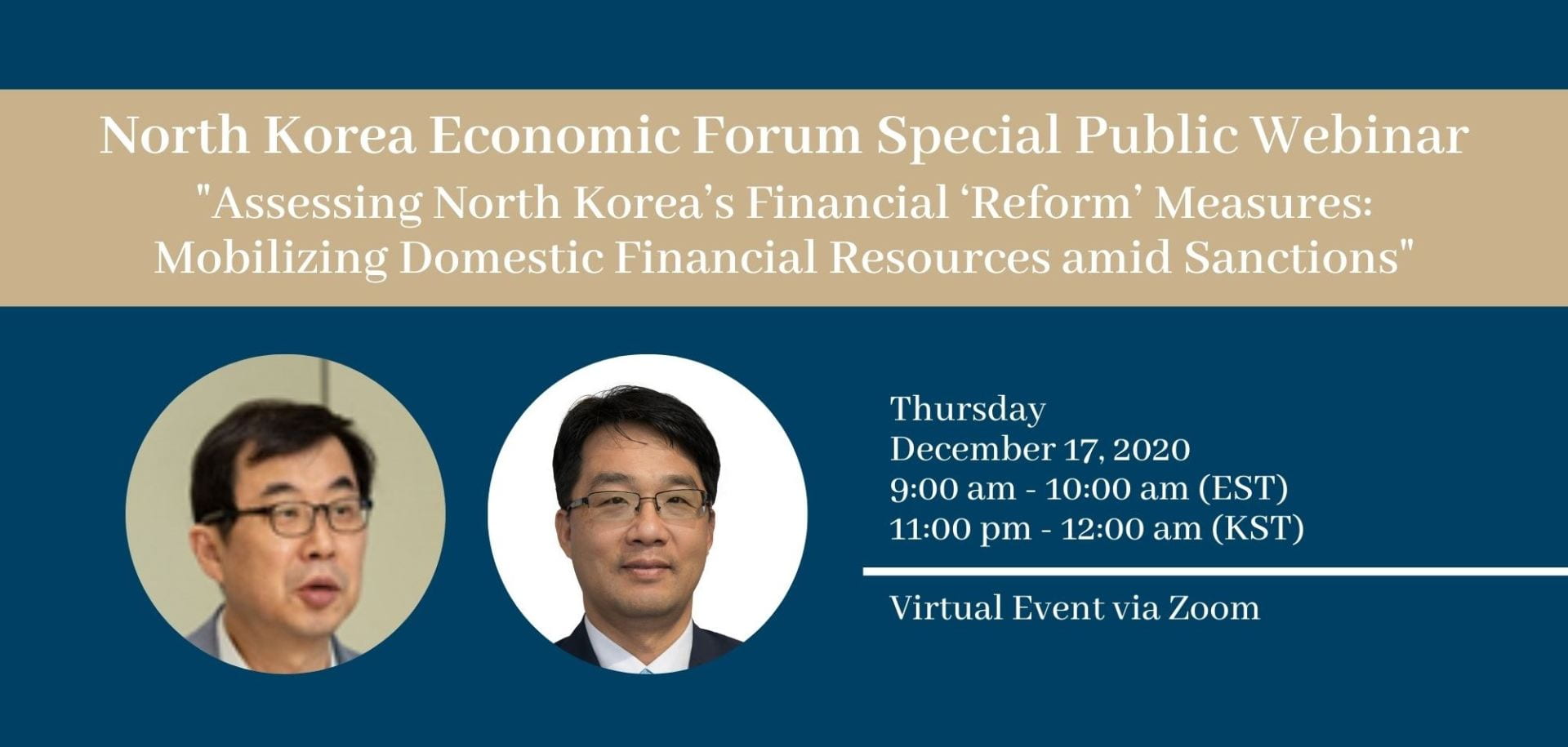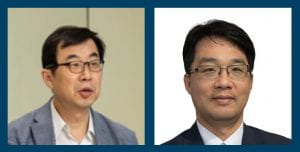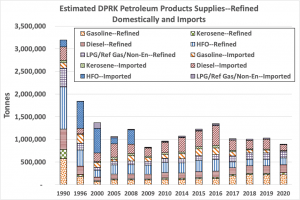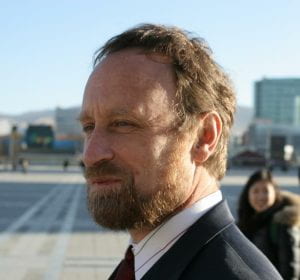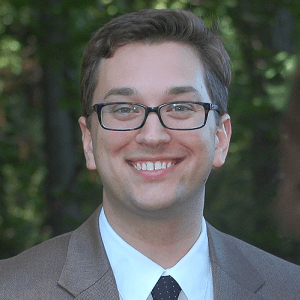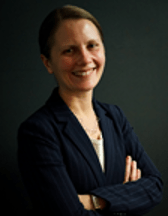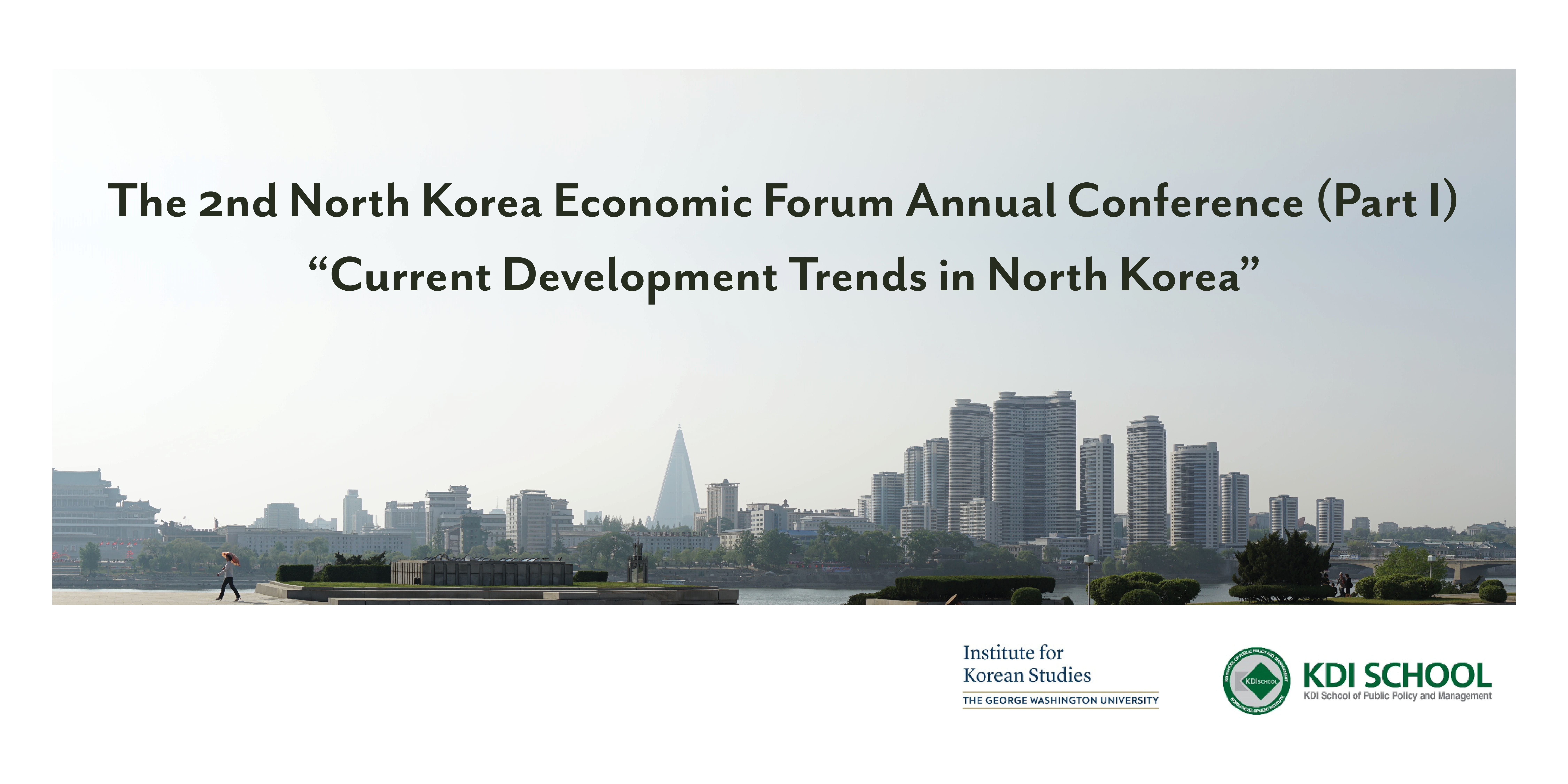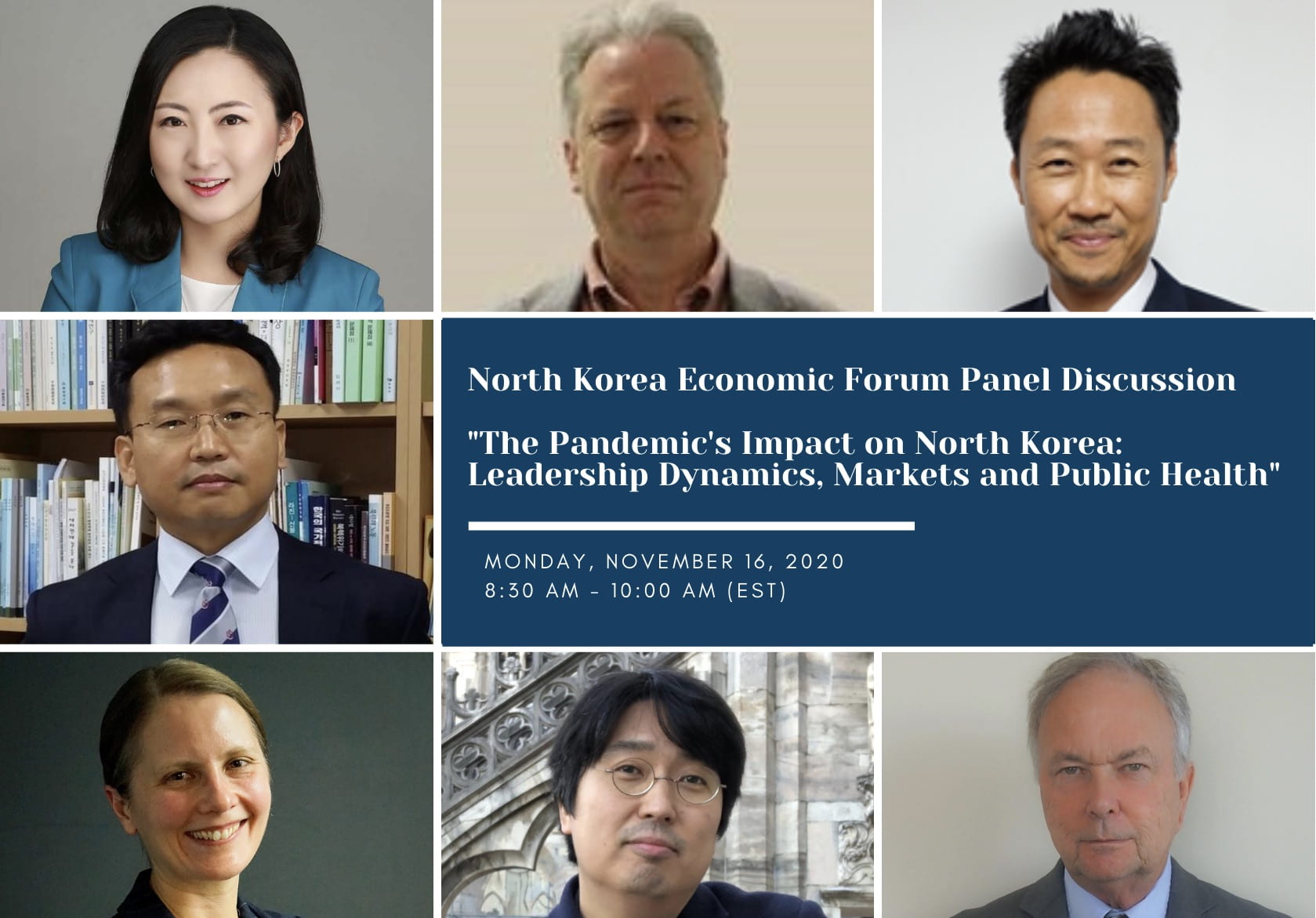On October 13, 2020, the GW Institute of Korean Studies and the KDI School of Public Policy and Management (KDIS) cohosted the 2nd North Korea Economic Forum Annual Conference (Part II). Session II, Moderated by John Park, Director of Korea Project at Harvard Kennedy, was joined by a panel of academic and field experts including Neil Watts, Former Member of UN Panel of Experts for North Korea; Andrea Mihailescu, Nonresident Senior Fellow at the Atlantic Council; and David Asher, Senior Fellow at the Hudson Institute, continue the discussion of the first session regarding challenges posed to methodologies commonly used to research and analyze North Korea.
Mr. Neil Watts was the first to start off the second session with a discussion elaborating on the techniques implemented by UN panel of experts to monitor North Korea’s maritime practices, and what hurdles limit the amount of information they can deduct from available sources. Satellite imagery, a technique highlighted in the previous session, can be vital to directly identifying ship activity and what they are transporting, be it exports, imports, and in some cases, weaponry. The panel of experts also relies heavily on outsider information produces by neighboring states, given their location in New York limiting the amount of access they have to the peninsula. The uncertainty that arises from this reliance is many of the countries we gain information from, China, in particular, is not entirely reliable, given that the complicit actors are often engaging with illegal activity with North Korea and obfuscate their activity when reporting.
Picking up from this challenge, Andrea Mihailescu who has working fifteen years in the United States Department of State discussed how North Korea maintains itself and its activities through the use of its illicit finance networks. These avenues of trade and stealing of information, both through smuggling, illegal trade, and now more popularly, cyber hacking are prominent ways in which North Korea is able to make money to fund much of their lavish propaganda and posturing contrary to outsider perspective of the country being impoverished. Much of the information we know on North Korean data trading and money laundering have become open sources and are researched through open source, but some of the pitfalls that come with rectifying this issue are that United Nations is only so limited in what they can do to stop it. Sanctions have already been placed on North Korea in the past and still are, which as we have seen, has not crippled the nation completely and in some ways has only amplified its necessity to engage in further illegal activity.
David Asher, a Senior Fellow at the Hudson Institute, continued the conversation by drawing attention to what we know about North Korea through unclassified data-driven analysis. Utilizing open source and what information we have at our disposal we can make conclusions that actors such as China and Russia are directly or indirectly helping North Korea with illicit financing of activities, leadership, and even WMD proliferation through the use of under the table support or through the use of multilevel companies and nexuses of businesses that go under the radar with their activity. Mr. Asher suggests that in dealing with this issue, we must begin with proper sanctions on North Korea as well as their primary financial networks (China and Russia) that will make it vulnerable and prone to cooperation since they will be unable to access those networks to overlook the sanctions lightly.
Closing the conferences with a panel discussion on the presentations, a common theme spoken amongst the panelist is that North Korea has been able to outmaneuver disciplinary action and continues engaging in illicit activity due to this historical network of complicated actors that helped build the infrastructure for them to weather the storm of sanctions and repercussions. In considering future research of North Korea, again there was an emphasis on utilizing open source researching to continue to identify and mitigate gaps in information and paying closer to these outside actors that are complicit and allow North Korea to continue to be elusive and active.
